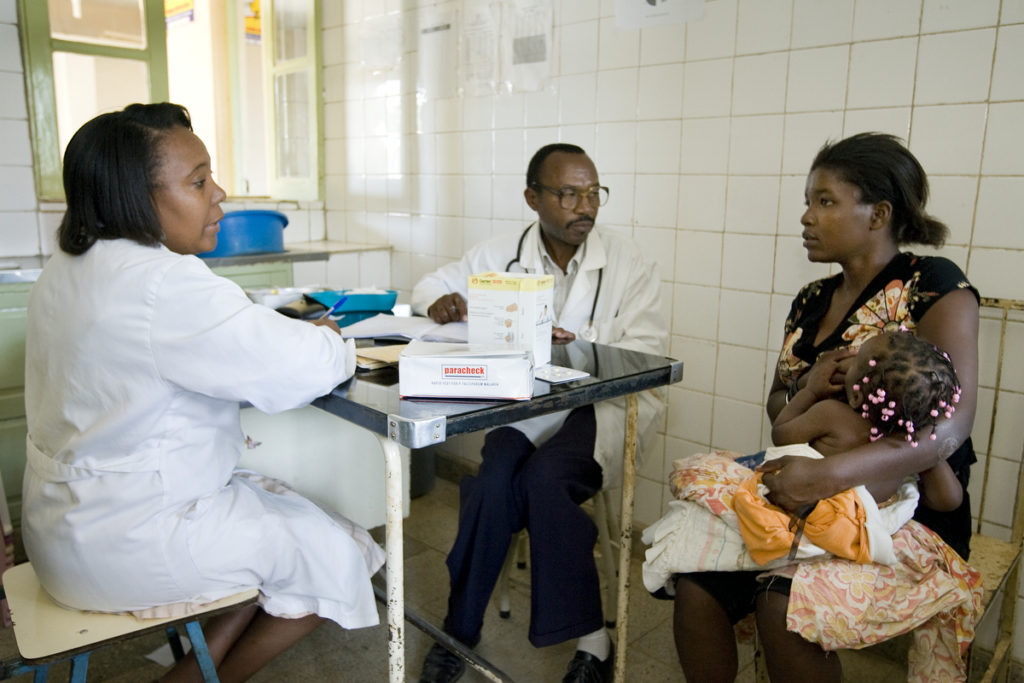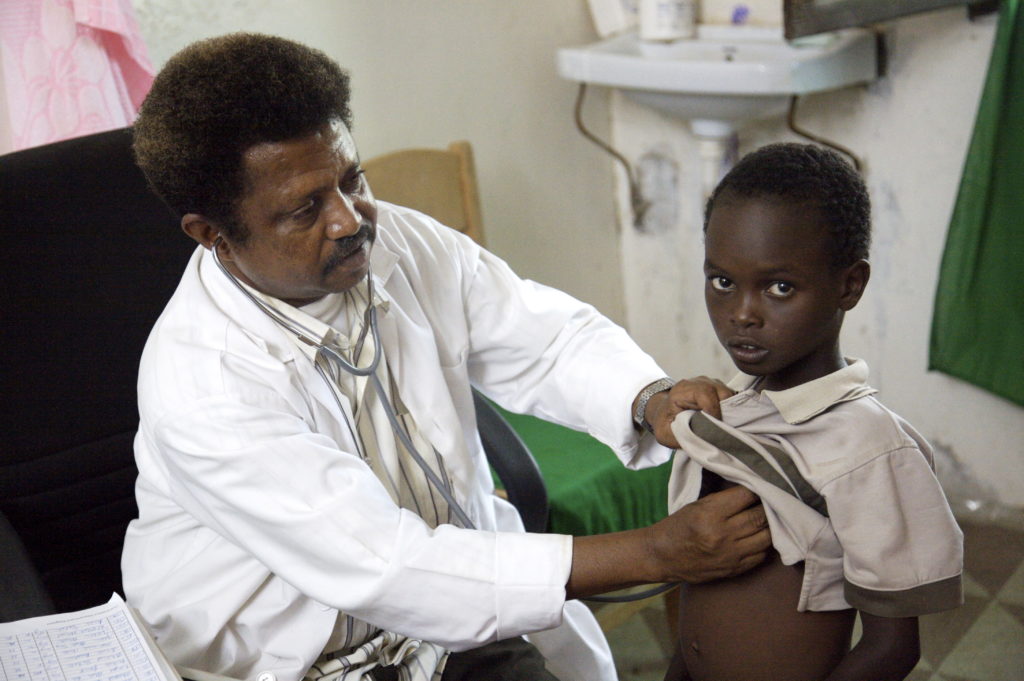The MENTOR Initiative has been working tirelessly for nearly two decades in the fight against tropical and vector borne diseases in emergencies across Africa, Asia and the Middle East. We have faced the challenges of delivering life saving vector borne disease prevention and treatment to millions of people annually in the midst of recovery efforts from earthquakes in Haiti to cyclones in Mozambique. The integration of our response to these emergencies with existing health care efforts to ensure their stable continuation throughout is critical in ensuring that people treatened by preexisting conditions can receive the required treatment.
The COVID-19 virus poses a new but manageable challenge, for which MENTOR is already preparing and responding. Measures to integrate COVID-19 prevention into all of our programmes are being taken, in two key areas:
Firstly, to enhance the protection of all our prevention and health workers in their daily efforts as they see and treat people for conditions like malaria, pnuemonia, dengue fever, leishmaniasis, and diarrheal diseases, or as they roll out our large scale disease control programmes. This includes rigorous personal hygiene practices, proper usage and cleaning of Personal Protective Equipment (PPE), and minimising close interpersonal contact where possible. We expect to see COVID-19 cases in future, and our staff will be practicing preventative measures for both themselves and the beneficiaries.
Secondly, The MENTOR Initiative is expanding its Information, Education, and Communication (IEC) delivery across all country programmes to incorporate COVID-19 awareness and prevention messaging for all beneficiaries. The delivery of IEC to the population being served is critical in the minimisation of disease transmission; by utilising existing focal points in the community like schools, churches and mosques, and essential food distribution networks to disperse health messages, The MENTOR Initiative is able to deliver IEC messages widely and into difficult to reach locations. The messages are tailored to the population by local staff, ensuring cultural appropriateness, relevance, and efficacy, and are frequently targetting children and parents alike with key-information to assist in prevention and treatment for the vector borne diseases to which we respond.

By leveraging these techniques along with our existing infrastructure and practices, MENTOR will be able to continue its work providing life saving programmes against conditions like malaria which kill women and children, refugees, the malnourished, and the vulnerable alike, as well as working with the communities to minimise the impact and transmission of COVID-19. There are indirect consequences to the COVID-19 pandemic which must be factored including the potential closing of borders, complications of protecting and maintaining supply chains for essential medicines and prevention/treatment materials, and interruptions or potential overwhelming of existing health care facilities.
History teaches us that interruptions to ongoing vector borne disease prevention and treatment programmes due to emergencies can have dire consequences for those people suffering from major life threatening diseases such as malaria. For example, during the Ebola epidemic in West Africa in 2014-2016 saw more deaths caused by patients suffering malaria who were unable to access the standard and life-saving treatments needed due to breakdowns in the health-care facilities and supply chains, than those who died from Ebola itself. The destructive impact of a single disease emergency on the surrounding services can have terrible secondary effects that affect entire countries; a reality the world is currently witnessing with COVID-19.
“As COVID-19 continues its rapid spread, WHO would like to send a clear message to malaria-affected countries in Africa. Do not scale back your planned malaria prevention, diagnostic and treatment activities. If someone living in a place with malaria develops a fever, he or she should seek diagnosis and care as soon as possible.”
Dr Pedro Alonso, Director of the WHO Global Malaria Programme
The message is clear: these programmes are needed now more than ever, as the burden of vector borne disease is likely to increase, become more neglected, and suffer more impedements to the delivery of critical, life-saving responses as a result of the impact of the COVID-19 pandemic. That much is clear. Furthermore, in ensuring the smooth operation of these programmes throughout the COVID-19 pandemic, the health systems of affected countries can be spared from spikes in cases of otherwise treatable diseases overwhelming the resources which need to be dedicated to COVID-19 response.
The MENTOR Initiative is committed to expand support to improve peoples access to health care services, and to strengthen health service delivery, supply chains and disease surveillance at facility and community level in the challenging settings in which we serve.
I would like to thank the MENTOR teams, working tirelessly, shoulder to shoulder with affected communities and partner organisations across Africa and the Middle East to save lives in humanitarian crises, and know that together, we will also succeed against the added challenges we face now with Covid 19.
Richard Allan, CEO – The MENTOR Initiative

